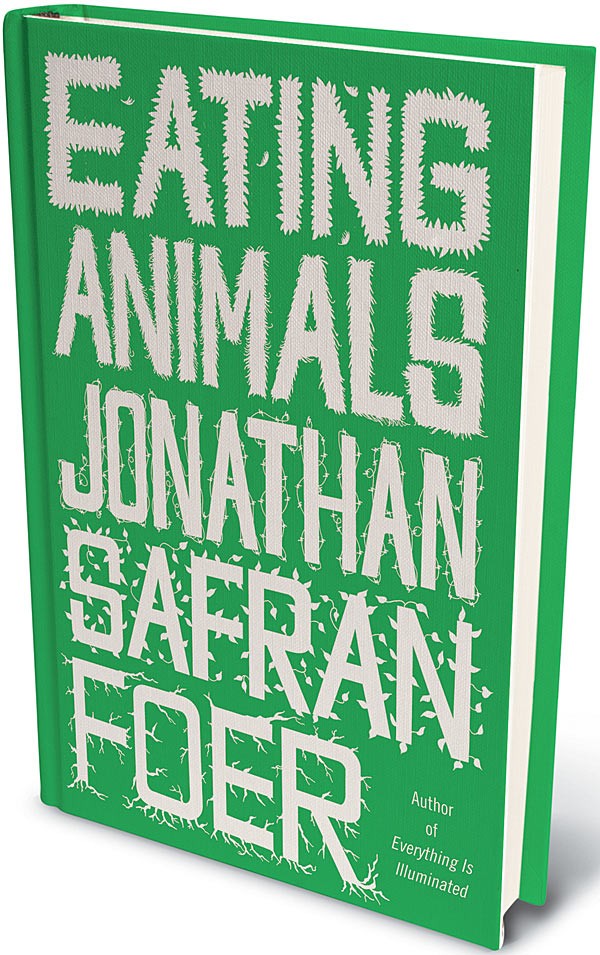Why do we love to read about food?
I'm in the middle of Kosher Nation, a history of kosher food in America. The if the industry is a veritable behemoth -- kosher sales, according to writer Sue Fishkoff (who blogged for us last week), make up a billion-dollar subset of the American food industry -- then this book is a travelogue of its guts and insides. Fishkoff writes with a surgeon’s steady hand, casually recounting episodes in the past few hundred years of kosher food in America in between these bizarrely compelling interviews with kosher supervisors, Reform and independent rabbis, and Chabad rebbetzins who give challah-baking classes. In a nutshell, she talks to virtually everyone across the spectrum who has something to offer to the discussion of kosher food in America -- what it means, where it comes from, and why people care about it.


I love food writers. (It’s not just that I’m married to a meat-loving personal chef, I promise.) I’m fortunate to work with two of the best, Tamar Fox and Leah Koenig, who aren’t just foodies but writers with a lust for flavor: When they write, you can feel the saliva sandwiched between the words, oozing out. People are surprised by how many food books are coming out these days, but they shouldn’t be -- just look how much erotica/porn/gossip/dating books are written and published every year. People love reading about sex because we all have it (or want to). But we’re so damn intrigued by reading about food because we constantly have it. And need it. And, just like skeletons, we all have one, but we’re never sure what they look like up close -- and when we see it from afar, we’re both scared and fascinated.
Fishkoff is a great writer, and it’s easy to imagine her sleeping in a bed each night surrounded by kosher symbols and diagrams of cut-up kosher animals. But the passion that people are already feeling about her book -- that gets me wanting to read passages out loud to everyone in the room at the time -- isn’t just the mark of a great book. There’s something about food that fires us up, that makes us more personally invested.
Maybe it’s that we all eat. Or maybe it’s that Fishkoff and Foer, in writing about where our food comes from, know more about what we’re eating than we do. And in their stories there isn’t merely an emotion that we recognize, but a pre-conscious action that they’re defining for us, peeling away the layers of flesh and showing us what we look like on the inside.

















